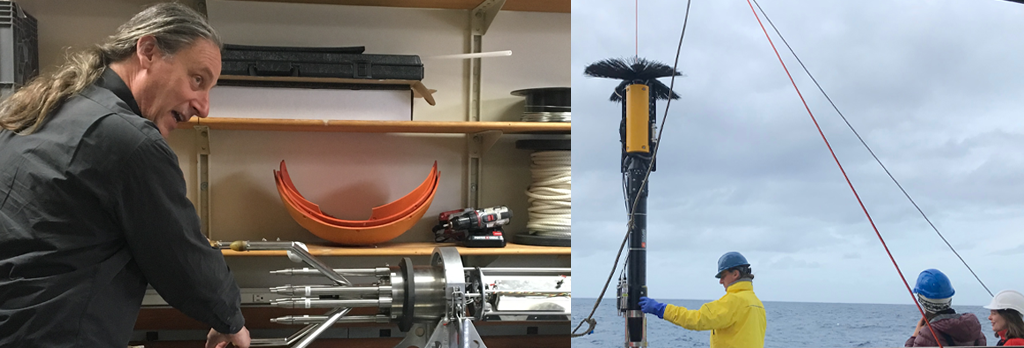Kurt Polzin Physical Oceanographer . Woods Hole Oceanographic Institution

Kurt Polzin of Woods Hole Oceanographic Institution shares his journey in oceanography, emphasizing its adventurous and individualistic nature compared to high-energy physics. He describes the anxiety of ensuring that multi-million dollar instruments return from the ocean’s depths, highlighting the tactile experience of working at sea.
